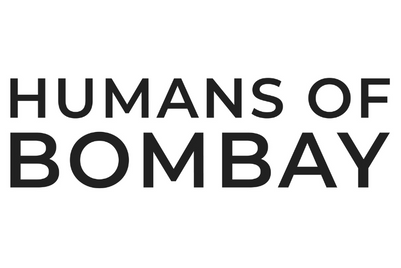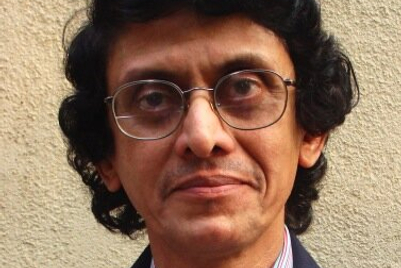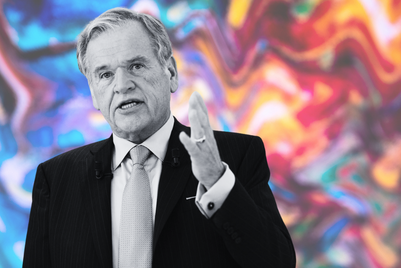
There is an oft-repeated story, possibly apocryphal, about the commitment to customer satisfaction at Nordstrom, the famous US retailer. The story goes that the brand is so strongly committed to its ‘No questions asked’ returns policy, that when a person brought in a product that had not even been bought at Nordstrom, they refunded the purchase amount to him. No questions asked.
Now, that is commitment to customer satisfaction.
And indeed, as we are avail of more and more services (retailing, hospitality, airlines, etc), we realise that what matters is what a brand does, not what it says.
Here are just a few recent examples of the gap between words and action that show the real intent of the
players.
On the ground
I was at a multiplex last week. When I came out, I saw a car parked next to a bus stop, with some shopping bags in the front passenger seat, and no sign of a driver. Given these times of terror threats, I asked the guard standing nearby (wearing a blue uniform, with an American-cop-style baton tucked into his waistband), why he had allowed this and wasn’t he going to call the police or have it towed away, since it could be dangerous.
“No”, said the worthy. His impeccable logic for inaction being that, “the parking has been done on the road, and that is the BMC’s area”.
The embroidery on his uniform said “XYZ Security Services”, but his behaviour demonstrated that XYZ was not providing any ‘security service’. Their man unflappably brain-dead and unable to understand that shrapnel does not care where it is parked.
In the air
Cabin crew on airlines, an otherwise noble species, is of course trained to deliver their spiel in incomprehensible language.
Beginning with “Deviyon aur Sajjanon”, they proceed to ask us to tie our “kursi ki peti” (can’t they just call it a belt?) going on to tell us that “mobile phones should be kept in the power off mode”. Verbosity being the soul of the half-wit, they reject the simpler option of asking you to “switch off mobile phones”. They do say though, that you should not switch it on, until the “seat belt sign is switched off”.
Of course, most passengers switch on their mobiles and vocal cords as soon the plane lands, while the crew stands around smiling beatifically.
Now, either the phones in their ‘power on’ mode are actually a safety hazard, in which case the airline must enforce the rule, or they are not, in which case they should stop the needless announcements.
And in politics
To begin with, Vilasrao Deshmukh and R.R.Patil tried to talk their way out of their failure in protecting Mumbai during the terror attacks last November. And then began the blame game, and the question of who would take the rap.
But even before the embers of the funeral pyres turned cold, the greed for power was visible in the unholy haste and glee with which the supporters of Maharashtra’s new CM began ‘celebrating’ his selection even before any official announcement.
Again, words versus action. And the twain seldom seem to meet.
Actions speak louder
The above is not just a cliche, it is a signal that in the 21st century, what will matter is what you do, not what you say.
And if you do say something, then of course, the customer will expect you to act accordingly.
So, a brand may use boundless hyperbole in its communication, but the customer will then demand that the brand demonstrate its words in actions.
On a lighter note, a Sahara Airlines may thus say, “Emotionally yours”, but the demanding customer will then expect the pilot to have a lump in his throat as he informs you about a flight delay, and certainly would feel disappointed if the air hostess did not weep inconsolably and clutch him to her bosom, as she said goodbye when he disembarked.
But more seriously, we have to start recognizing that in a world where Twitter, social networks and SMS spread facts at the speed of a thumb, brands can no longer hide behind words.
(Anand Halve is co-founder, Chlorophyll. He can be reached at [email protected])


.jpg&h=334&w=500&q=100&v=20250320&c=1)

.jpg&h=334&w=500&q=100&v=20250320&c=1)

.jpg&h=334&w=500&q=100&v=20250320&c=1)



.jpg&h=334&w=500&q=100&v=20250320&c=1)
.jpg&h=334&w=500&q=100&v=20250320&c=1)




.jpg&h=268&w=401&q=100&v=20250320&c=1)
.jpg&h=268&w=401&q=100&v=20250320&c=1)


